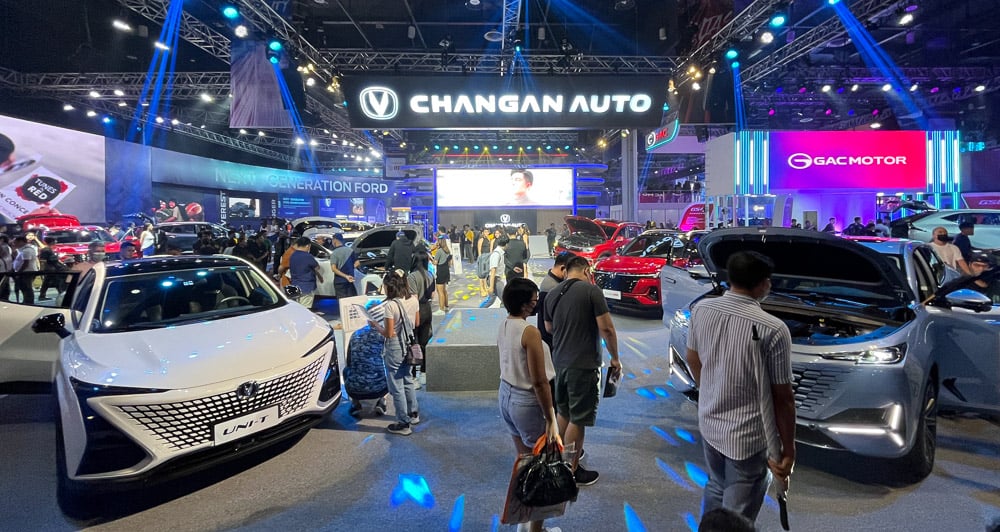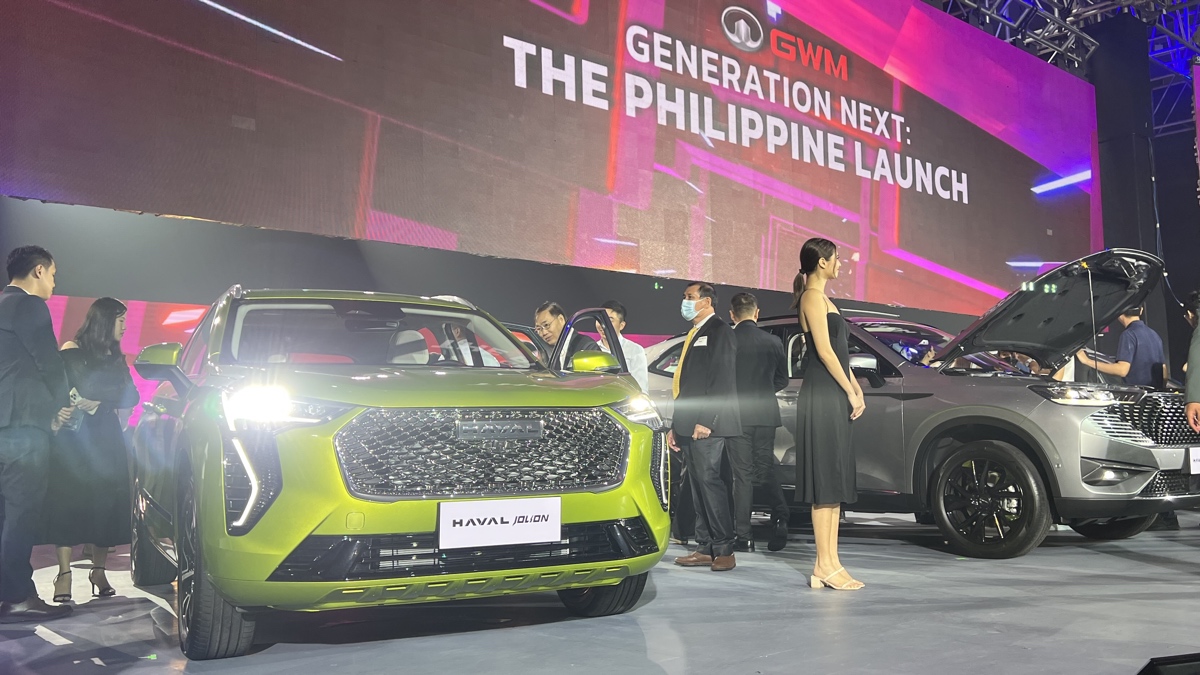China Tops Global Auto Export Rankings in First Half of the Year, Sparks Interest in Car Circles
In the latest trending topics in the automotive world, new energy vehicles (NEVs) are capturing significant attention. BYD has achieved a remarkable milestone by becoming the first car company worldwide to roll out 5 million NEVs from its assembly line. Changan Ford is making waves with its intention to establish a new company in collaboration with Changan Automobile, focusing on mainstream brand new energy passenger vehicle supply. Joint venture brands are also seeking fresh collaborations with domestic car companies. Moreover, China’s car exports surged ahead of Japan in the first half of the year, taking the top spot globally. Electric vehicles (EVs) have played a significant role in this growth. July witnessed a remarkable year-on-year increase of over 30% in new energy vehicle sales in China. The introduction of new policies to boost automobile consumption has fueled optimism for the latter half of the year. Let’s delve into the highlights of this week’s Weibo hot searches.
Changan Ford’s Ambitious Plans with Changan Automobile

(Image: Changan Automobile)
Event Review: The State Administration for Market Regulation’s Second Division of Anti-monopoly Law Enforcement recently released information about a simple case involving Changan Ford Automobile Co., Ltd. The company intends to form a joint venture with Chongqing Changan Automobile Co., Ltd. This new venture will focus on supplying mainstream brand new energy passenger vehicles and distributing Ford brand models. After the transaction, Changan Ford and Changan Automobile will hold 60% and 40% equity in the joint venture, jointly controlling its operations.
Comments: The “mainstream brand new energy passenger vehicle business” clarifies that the new venture will delve into the NEV sector. This trend of Chinese car companies initiating “reverse cooperation” is gaining industry attention.
In recent times, Volkswagen invested in Xpeng Motors to access its intelligent driving technology and authorized the Chinese EV platform. Earlier, BYD and Toyota established a joint venture to share BYD’s electric system and smart cockpit technology. Now, Changan Ford and Changan Automobile are entering a joint venture. This pattern highlights the common thread of “joint ventures.” Chinese car companies are now in a position of strength, leveraging their core technology and the entire industrial chain. This shift signifies that they no longer rely on foreign partners. Observers humorously refer to this as a “reverse joint venture.” The underlying reason is the dominance of China’s new energy vehicle sector, equipped with essential technology and a comprehensive industry chain, which ensures promising prospects.
The trajectory of new energy vehicles is clear. While joint venture brands are lagging in development, collaborating with Chinese car companies to explore new markets and enhance product competitiveness is an effective strategy. This could potentially yield substantial developmental opportunities.
Great Wall Motor Responds to BYD

(Image: Great Wall Motors)
Event Review: Great Wall Motors‘ CTO Wang Yuanli posted consecutive blog articles on Weibo in response to BYD’s statement of “Chinese cars are together,” a remark made during BYD’s 5 million car launch conference. Wang Yuanli referenced the opinion of Mr. Jia Ke, founder of Automobile Business Review, emphasizing that business matters should be addressed with business logic rather than emotional appeals.
Wang Yuanli further stressed the precedence of rule of law and humanity. While many support the notion of exhibiting strength and resilience, fostering a standardized and orderly market environment outweighs the allure of sensational disputes.
Comments: A state of “mutual pinching” has long existed within China’s auto industry. Despite various agreements, such occurrences persist. Healthy competition can drive quality improvement and foster a well-regulated market environment. However, malicious competition is detrimental. Spectators should not view it as mere entertainment; it disrupts the foundation of the system. Sustainable growth necessitates a strong system, and neglecting this undermines becoming an automotive powerhouse or fostering a robust automobile culture. Achieving impressive data in exports and new energy vehicles is not synonymous with a problem-free sector. Developing a mature system and fostering cooperation is pivotal for long-term progress.
Surge in July’s New Energy Vehicle Sales
Read volume: 740,000
Event Review: According to the China Association of Automobile Manufacturers, production and sales of new energy vehicles reached 805,000 and 780,000, respectively, in July, marking a year-on-year increase of 30.6% and 31.6%, with a market share of 32.7%.
Comments: Bolstered by supply optimization and consumption promotions, new energy vehicles are thriving, with increasing market penetration. From January to July, production and sales totaled 4.591 million and 4.526 million units, registering year-on-year growth of 40% and 41.7%, respectively.
Recent actions indicate that manufacturers are adjusting prices within the 50,000 to 300,000 yuan range, either through official markdowns or vehicle purchase subsidies. This signals a fresh wave of automobile consumption stimulation. With a dual-pronged approach to boosting demand and supply, the stage is set for heightened market confidence and stable industrial development.
BYD’s Milestone: 5 Million New Energy Vehicles
Read volume: 310 million
Event Review: On August 9, BYD celebrated the production of its 5 millionth new energy vehicle at its headquarters in Shenzhen. This achievement underscores BYD’s standing as the world’s first automaker to achieve this milestone.
Comments: In May 2021, BYD celebrated producing its 1 millionth new energy vehicle. By November 2022, this figure surged to 3 million. The subsequent increase from 3 million to 5 million vehicles was achieved in less than 9 months. BYD’s rapid pace underscores its prowess. This feat not only belongs to BYD but also reflects China’s new energy vehicle brands’ collective success. The mastery of core technology by Chinese brands has revolutionized the sector, making this achievement a reality.
5 million vehicles represent a milestone, but it also signifies a new beginning. This accomplishment is shared by BYD and the broader Chinese auto industry. The journey has just begun, holding promise for even greater strides. This achievement not only defines BYD but also solidifies China’s position in the world of new energy vehicles.

 Auto in China
Auto in China